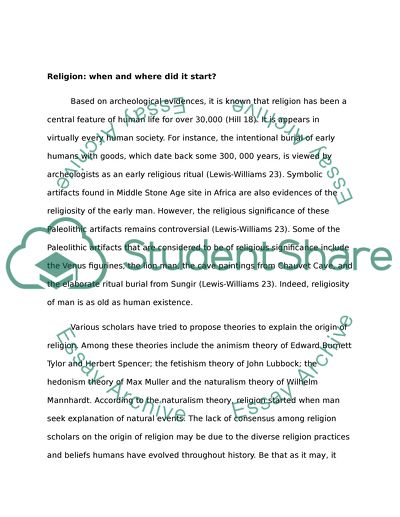Cite this document
(“What Would A World Without Religion Be Like Term Paper”, n.d.)
Retrieved from https://studentshare.org/environmental-studies/1419883-what-would-a-world-without-religion-be-like
Retrieved from https://studentshare.org/environmental-studies/1419883-what-would-a-world-without-religion-be-like
(What Would A World Without Religion Be Like Term Paper)
https://studentshare.org/environmental-studies/1419883-what-would-a-world-without-religion-be-like.
https://studentshare.org/environmental-studies/1419883-what-would-a-world-without-religion-be-like.
“What Would A World Without Religion Be Like Term Paper”, n.d. https://studentshare.org/environmental-studies/1419883-what-would-a-world-without-religion-be-like.


